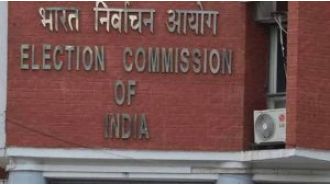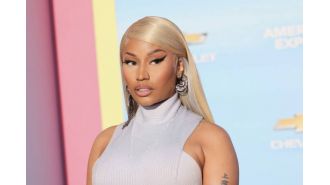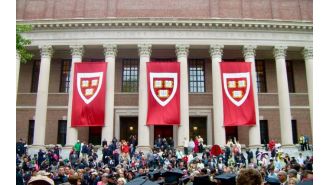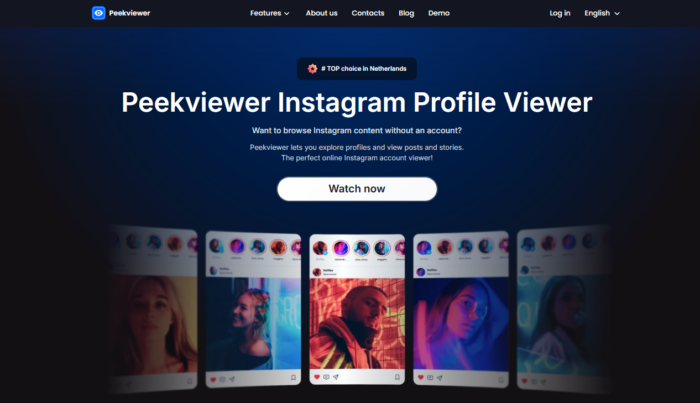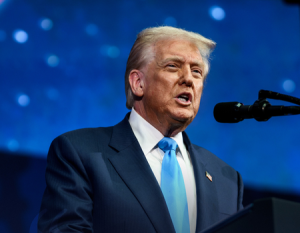Student banned from sports over alleged blackface incident; family claims innocence.
Student and family deny he knew it was offensive.

A middle school student from California has sparked a conversation over what is deemed blackface or face paint. On October 13, the unidentified student from Muirlands Middle School was seen wearing black face paint on his cheeks, chin, and under his eyes. The school accused the minor of mimicking blackface, which is defined as the painting of a person's face in dark, exaggerated makeup to mock or ridicule Black people.
The student's family argued that he only painted his face after seeing his friends do it when he got to the game. There were no racial motivations behind it. In the sports world, it's common for football players to wear dark face paint to protect their skin from the glare of lights. Spectators and fans also tend to do the same in support of the team.
The family was concerned about how the suspension would affect the student's academic record, so they appealed to the San Diego Unified School District. However, their request was denied. In response, they hired the Foundation for Individual Rights and Expression, a free speech advocacy group based in Philadelphia.
In a statement, FIRE defended the minor, saying he was doing what his friends were doing. FIRE's director of public advocacy, Aaron Terr, said the appeal decision was handed down the same day the group sent a letter outlining its legal opinion that the student was exercising free speech protected by the First Amendment. Terr commented, "My understanding is a lot of people were wearing face paint, and he wanted to join in on the fun. We're hoping...the district will reconsider the request for the suspension appeal."
FIRE also cited a prominent ruling in the case of Tinker v. De Moines. The Supreme Court defined the First Amendment rights of students in U.S. public schools, noting that school officials cannot restrict student speech based on speculative, "undifferentiated fear" that it will cause disruption or feelings of unpleasantness or discomfort among the student body.
27 Views


